Scott AndersonOn average, Death Valley gets two inches of rain a year. Two inches. There are two major mountain ranges—the Panamint Range, pictured here, and the Sierra Nevadas beyond them to the West that trap weather systems that would otherwise drop precipitation from the Pacific, making it one of the driest places on earth. Yet it is fair to say that Death Valley, one of the driest places on earth, has been shaped by water. Well, water and tectonics. Badwater Basin, the lowest point in the United States at 280 feet below sea level is actually sinking—in geological time. The Panamint plate and the Aroyo plate are both teetering away from the basin. You can see the evidence of this in the layers of rock and sediment that have been pushed up and exposed over millennia. These movements, combined with volcanic eruptions five million years ago have made this park surprisingly rich in color and nuance Iron, aluminum, magnesium, titanium, red hematite and green chlorite from repeated eruptions blanketed the landscape leaving colorful deposits that are revealed as they are washed away by rare rainfall. Ever so slowly the two plates are tipping away, raising the Panamint mountains to the West and the Aroyo range to the East ever higher and lowering the Basin—faster than the infrequent, water-induced erosion can fill it back up with sediment. And yet, the valley is shaped by water. You need to know this if you want to explore, because, as rare as it is, thunder clouds in the distance can dump rainfall that comes rushing down the otherwise bone-dry box canyons. If you’re hiking in them at the time and don’t have an escape route, you would be inundated by the water and debris rushing down the deep canyons 10, 20, even 50 feet high in some spots. The thing is, even in the driest of places water has astonishing and even unimaginable power to shape, to make a way, and to restore—even when the obvious evidence for life can be so hard to come by in such fierce landscapes. I suspect this is something of what the poet has in mind in Isaiah: 18 Do not remember the former things, or consider the things of old. 19 I am about to do a new thing; now it springs forth, do you not perceive it? I will make a way in the wilderness and rivers in the desert. 20 The wild animals will honor me, the jackals and the ostriches; for I give water in the wilderness, rivers in the desert, to give drink to my chosen people, 21 the people whom I formed for myself so that they might declare my praise.[i] Old Testament scholar Walter Brueggemann looks to this Isaiah text as a foremost example of the debilitating nature of nostalgia and of the importance of giving ourselves to the newness that the Spirit of life brings. Brueggemann defines nostalgia simply as “over-remembering” or “better-remembering.”[ii] It is, in other words, remembering things in a way they never really were. We’ve talked about this quite a bit over the last decade and more as we in the Pacific Northwest have been forced to pay attention to the changing nature of religious participation in a culture increasingly disconnected from the church. Even as there is no shortage of spiritual hunger. Even as we look for meaning elsewhere. I was especially struck by this as I found myself with our siblings at West Plano Presbyterian Church in Plano, Texas, just outside of Dallas two weeks ago. Some of you may remember some years ago when pastor David Batchelder and a group from the congregation joined us for a weekend of conversation around the Inquirer’s process—the way of welcoming people in the church through the lens of baptismal identity, through a process of exploration and partnership and relationship development that is based on the way of the ancient church we know as the catechumenate. They send their greetings and their love to you, by the way, as I did on your behalf to them, giving them our thanks for the gifts they have given to us over the years. Julie Kae and I were there on a Saturday for a funeral for a mentor of ours, a seminary professor for both Maggie and Julie Kae, in fact, and one of my readers for my thesis. On that Sunday I was invited to preach and, afterwards, found myself in a conversation over lunch at which they were wrestling with a sense of loss and uncertainty toward their future. “We are dying. We don’t have many kids. We don’t have young families who are joining with us. We don’t know what’s going to happen. We don’t know what our future holds.” We are familiar with this concern, of course. And I found it a gift to be able to be in a position to offer some perspective and some hope to them. You see, we in the Northwest are ahead of other regions of the country in this respect, and we’ve had to reckon with the new realities, and we’ve had to open ourselves to the new possibilities that are being presented—a new way in the wilderness. And this is Brueggemann’s point. There is a danger in both over remembering and in under remembering, remembering too little or too much. There is, as he says, danger in nostalgia and in the temptation to amnesia. And the prophets warn against both. Here in Isaiah the temptation to nostalgia has the prophet saying “forget about the past… Let it go.” The text is written in to the elite of Israel, the best of the best, who were taken into captivity in Babylon when they were defeated in battle. It was a wilderness time for them as they found themselves over remembering about the way things never really were when they were in Israel. Brueggemann reminds us in starkly modern terms what Israel was like before it fell to the Babylonian armies: It was, after all, a place of economic violence, of cheap labor, and exploitation. It was a place of political foolishness. It was a place where dangerous poetic types were unwelcome. It was a place in which the commandments were recited and then quickly disregarded, in which surplus wealth was based on peasant productivity.[iv] “What a strange thing to say to a displaced people,” Brueggemann writes: Do not remember! Do not cling to that past. Because if you cling excessively to the past, you will miss the newness being enacted before your very eyes.[v] It is as if to say that God is still a God who saves. God is still a God who restores. God is a God who remembers, and who forgets. God remembers God’s promises and forgets our sins. God makes a way in the wilderness. And in order for you to participate, you’re going to have to let go too. You’re going to have to hold on more loosely to some of those ideas that function more as an idol than anything—your old wounds, your memories and your claims of exceptionalism, your monopolies of triumph and religious domination. Tradition has failed, in other words, when it becomes a barrier to new acts of imagination.[vi] You’re going to have to be willing to look for new paths in the narrow way between memory and amnesia. And the poet was telling these deported Jews that their salvation this time was going to come by way of Cyrus, the Persian ruler, who would be God’s new messiah. They would not, could not, imagine such a thing so divergent from what they had known, from what they clung to. Yet their salvation seemed to be dependent on their ability to forget the past, to let go of it: Do not remember the former things… I am about to do something new. Look for it. Take the new way, be open to adventure. This is a hike we made in Sidewinder Canyon—another river in the desert, and a newer one, at that. Rather than the bedrock carved by water on some of our other adventures in Death Valley, this was a slot canyon shaped by the rush of water through material that someone has described aptly as poorly cemented rock and gravel. It took little effort to break a rock away from the wall. I suppose you could say the path isn’t quite as sure or stable as others, being as new and as fragile as it is. We found many walls that required some climbing and that ultimately prevented us going any deeper. It got me thinking about the conversation we keep having in the region about our neighbors—families and veterans and others who are living paycheck to paycheck and sleeping outside. Perhaps you saw or at least heard about the KOMO special “Seattle is Dying” that aired in the past few weeks. The Seattle Times has paid some attention to it, as have practitioners who have been deeply invested in the health of our community and the well-being of our most vulnerable amidst something of a golden age in Seattle as far as jobs and business and growth goes. I understand its created something of a fire storm, this TV special. I know a few folks at St. Andrew have been talking about it, and we are working to have a conversation or two together in order to try to get a more complete and nuanced sense of things. And perhaps that’s the best way for us to think about these texts of ours today and their call to hold together these seemingly divergent texts: the hope of a new way in the desert, the jaw-dropping extravagance of Mary’s gift to Jesus, and the dismissive tension of Judas’ critique about the use of such a significant resource that would very quickly wash away and disappear. Any one of these alone invite us to a simplistic way of thinking—to over or under remembering, to nostalgia or to amnesia. But this new way requires care, and truth-telling, and humility, and memory. It requires nuance. And often it surprises us with what we find as we stick with it, as we refuse simplistic thinking, as we give ourselves to deep understanding, to humility and openness to truth from all sources, to new directions, and ultimately a new way in deserts and in our own life. We will encounter this again next week as our Palm Sunday worship invites us into the tension of Jesus’ hero’s welcome into Jerusalem that so quickly devolves into cries of crucify. To hold these two things together is to find our way to a new way of seeing, a new way of being from a God who remembers and forgets and guides us in the knowing and the unknowing to salvation and new life. A river in the desert, water in the wilderness. Thanks be to God. Notes:
[i] Isaiah 43:19-21. [ii] Brueggemann, Walter. Tenacious Solidarity . Fortress Press. Kindle Edition (Location 5383). [iv] Brueggemann, Walter. Tenacious Solidarity . Fortress Press. Kindle Edition (Location 5467). [v] Brueggemann, Walter. Tenacious Solidarity . Fortress Press. Kindle Edition (Location 5411). [vi] Brueggemann, Walter. Tenacious Solidarity . Fortress Press. Kindle Edition (Location 5790).
0 Comments
Leave a Reply. |
St. Andrew SermonsCategories
All
|
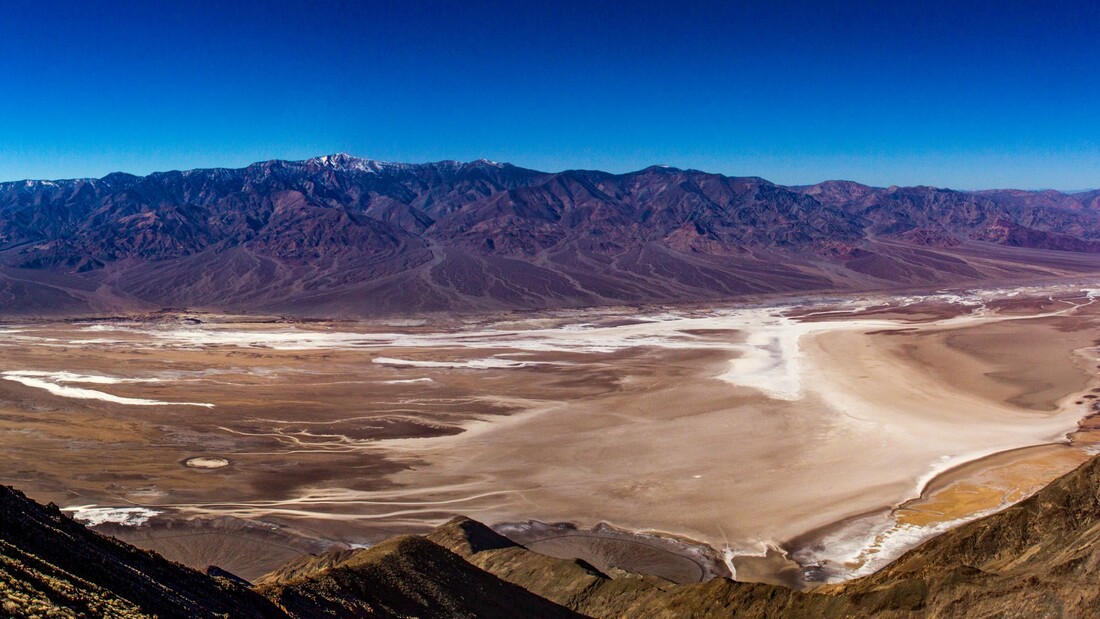
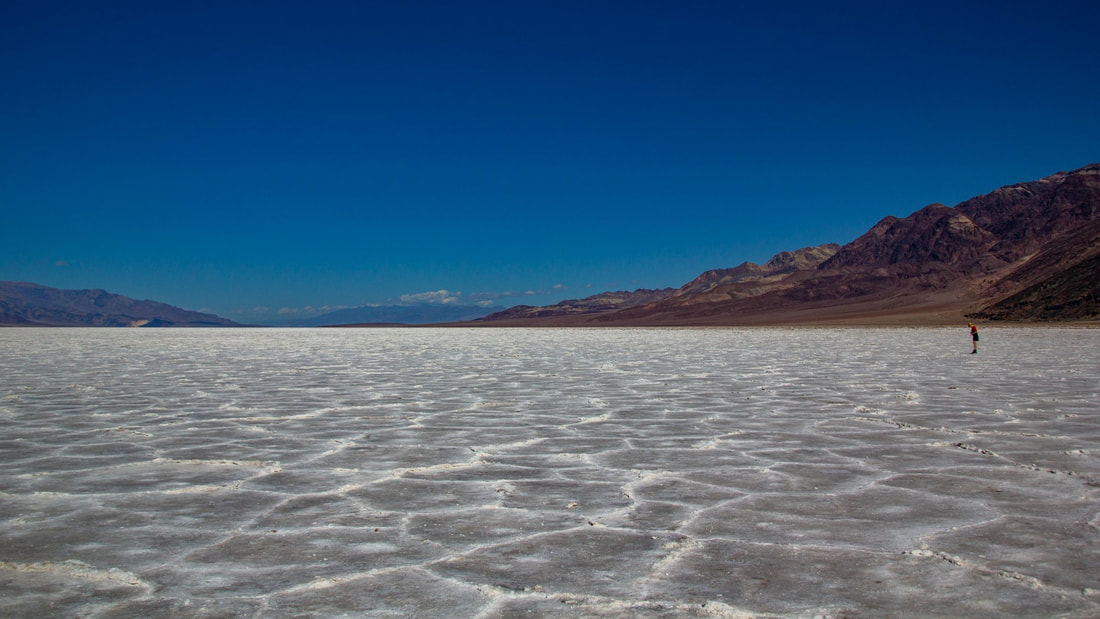
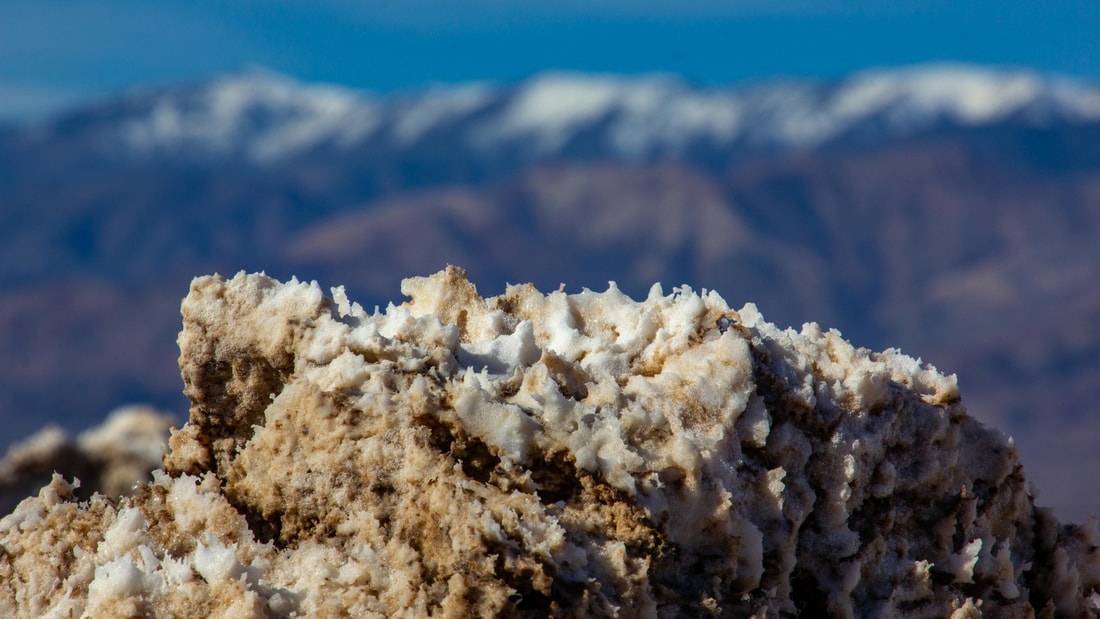
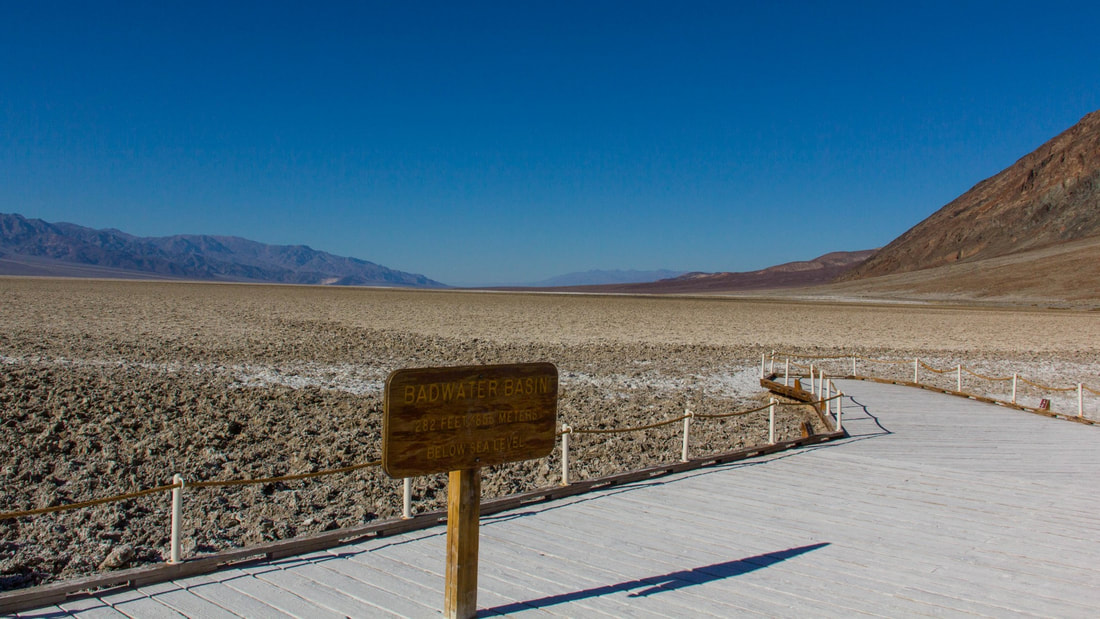
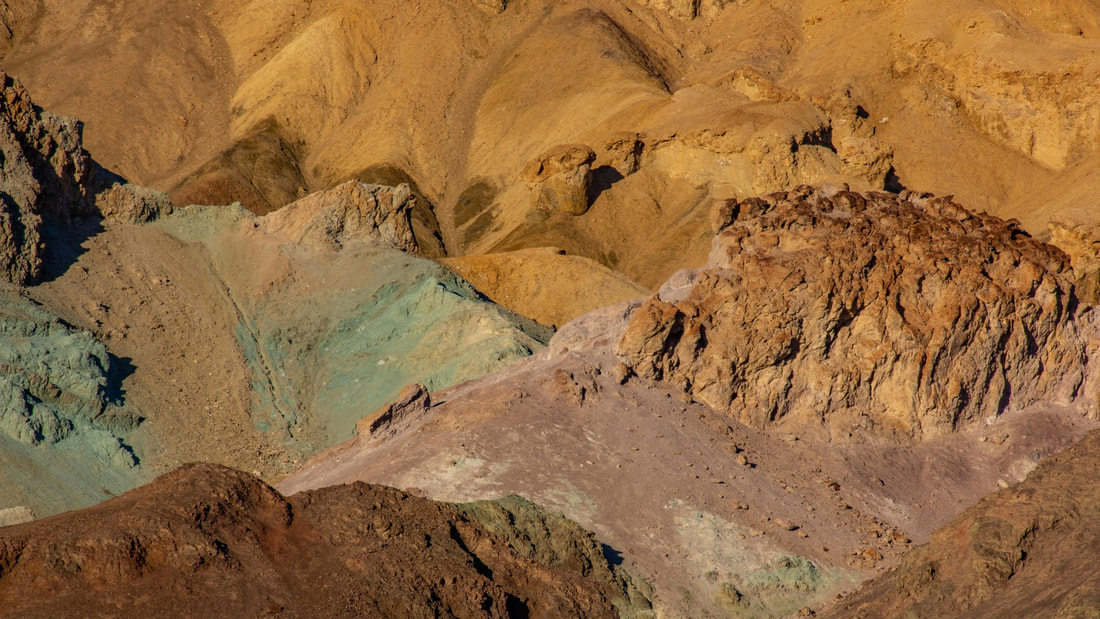
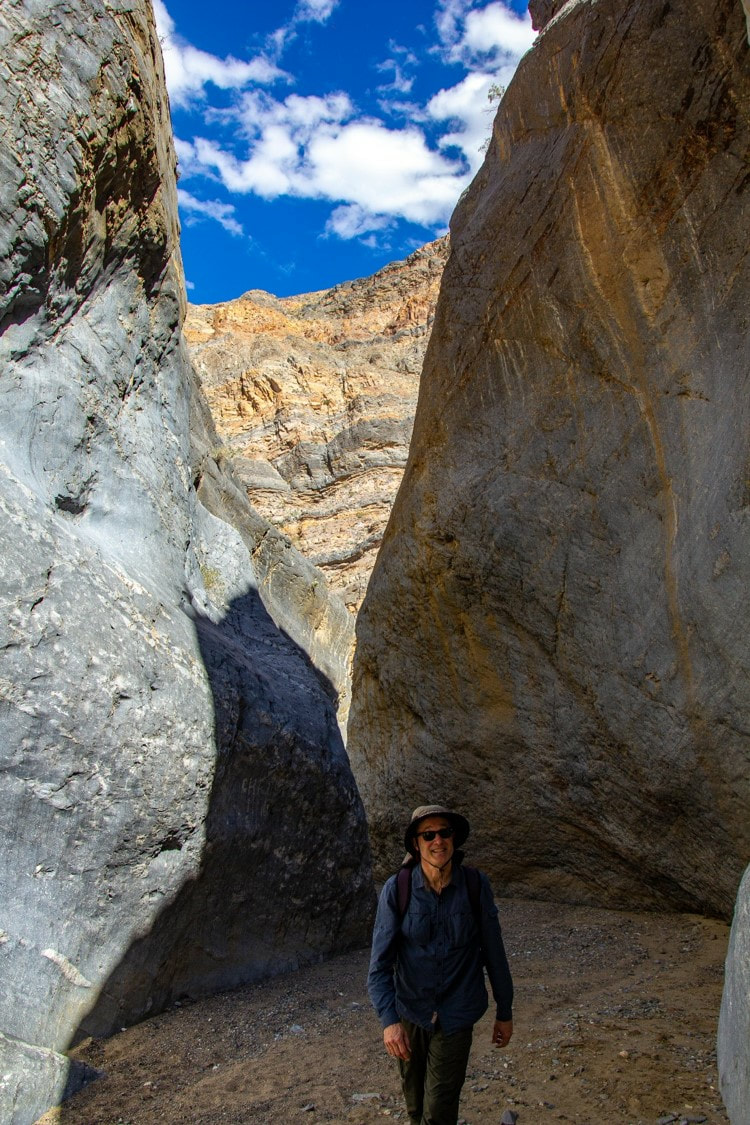
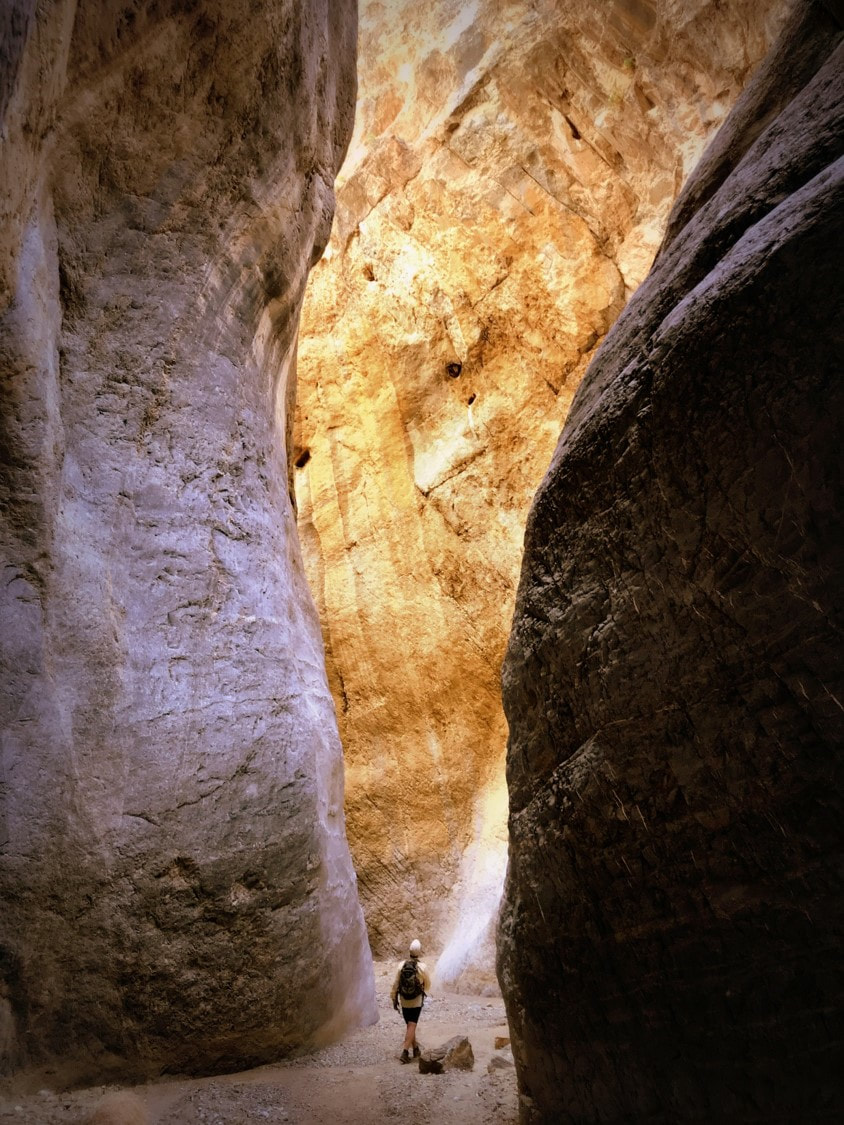
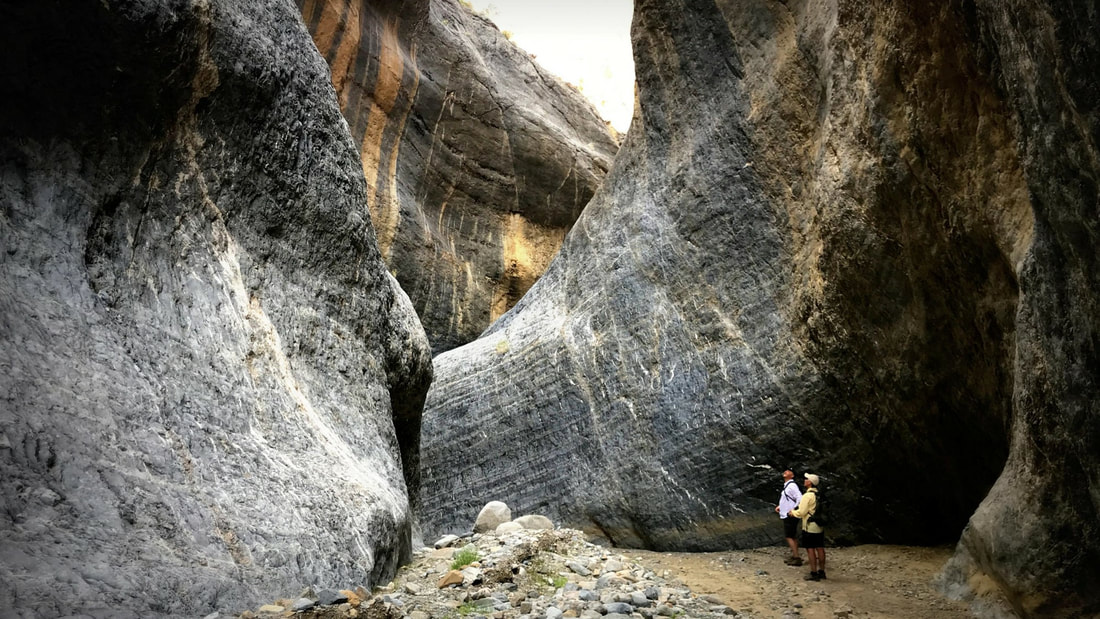
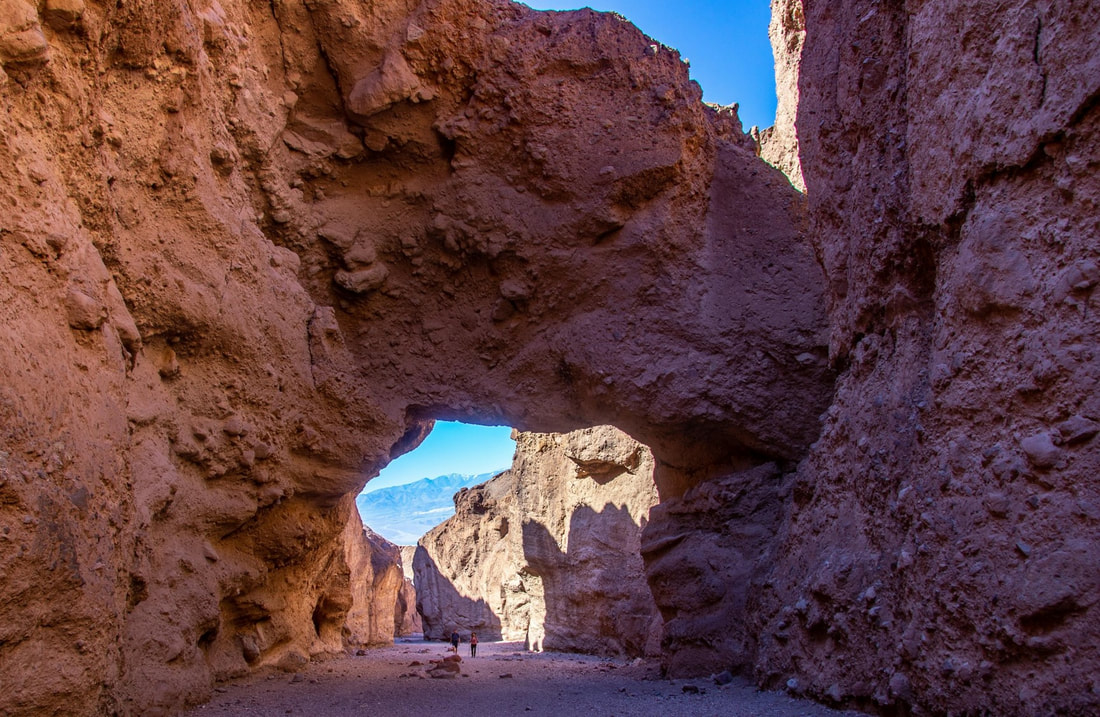
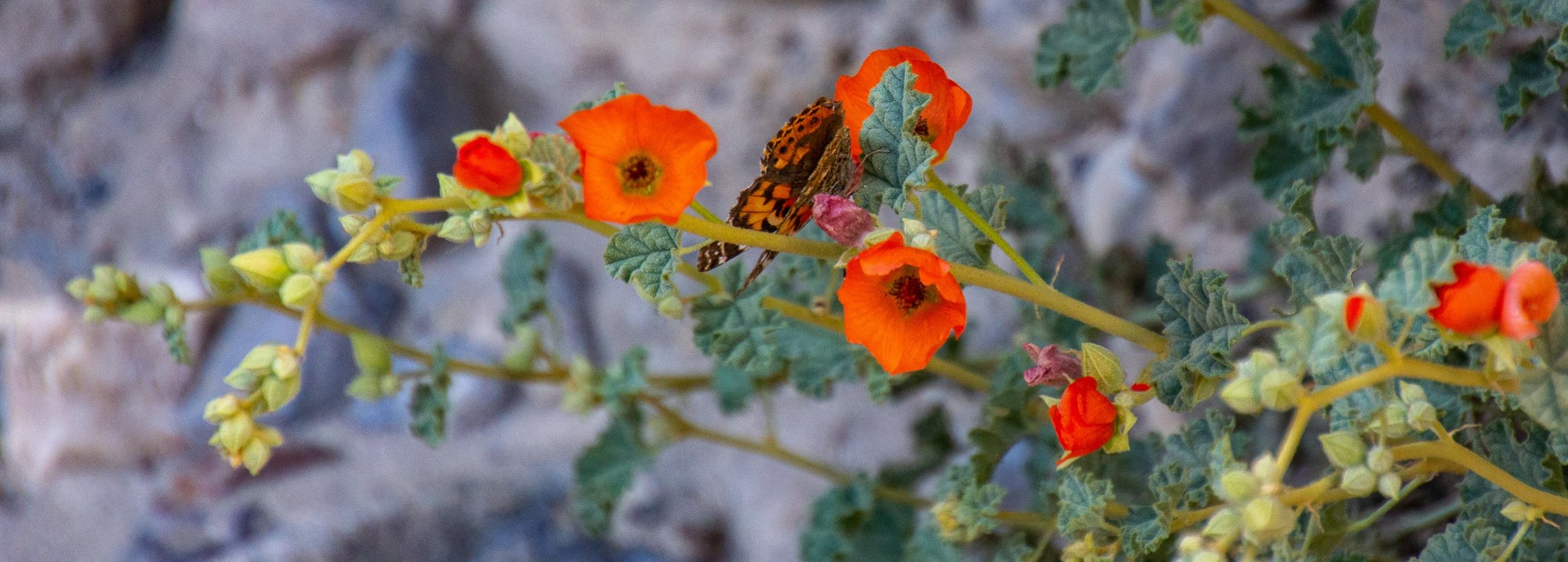
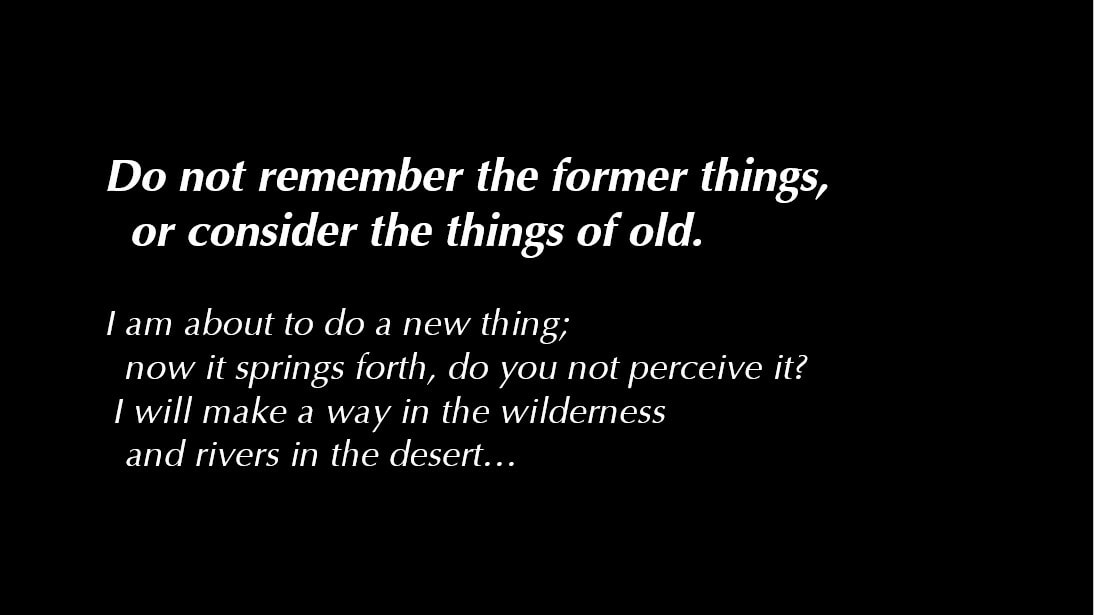
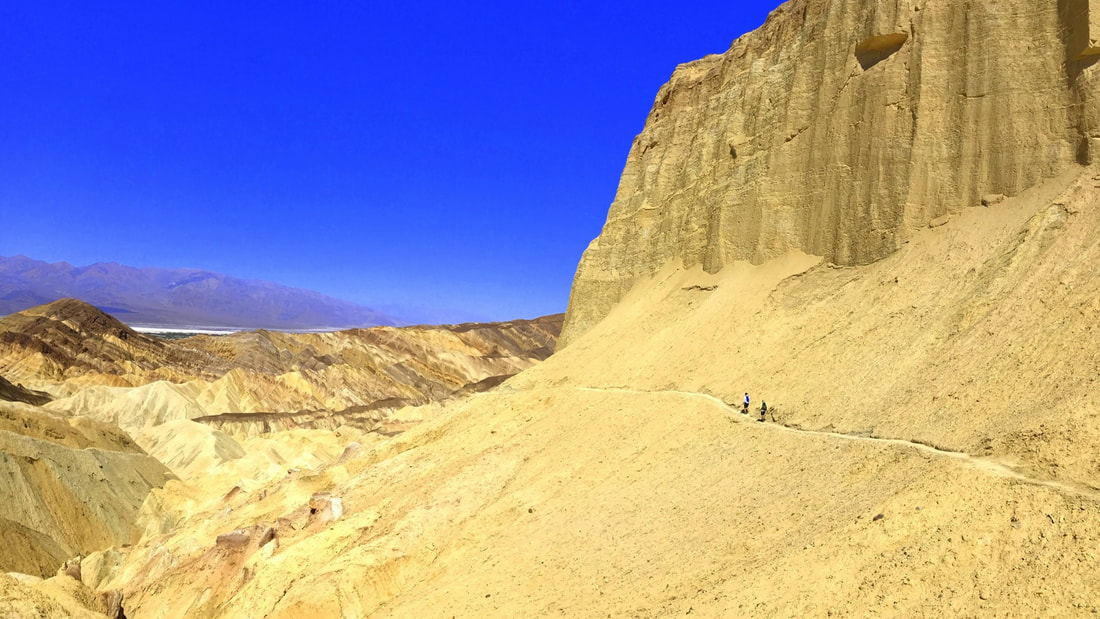
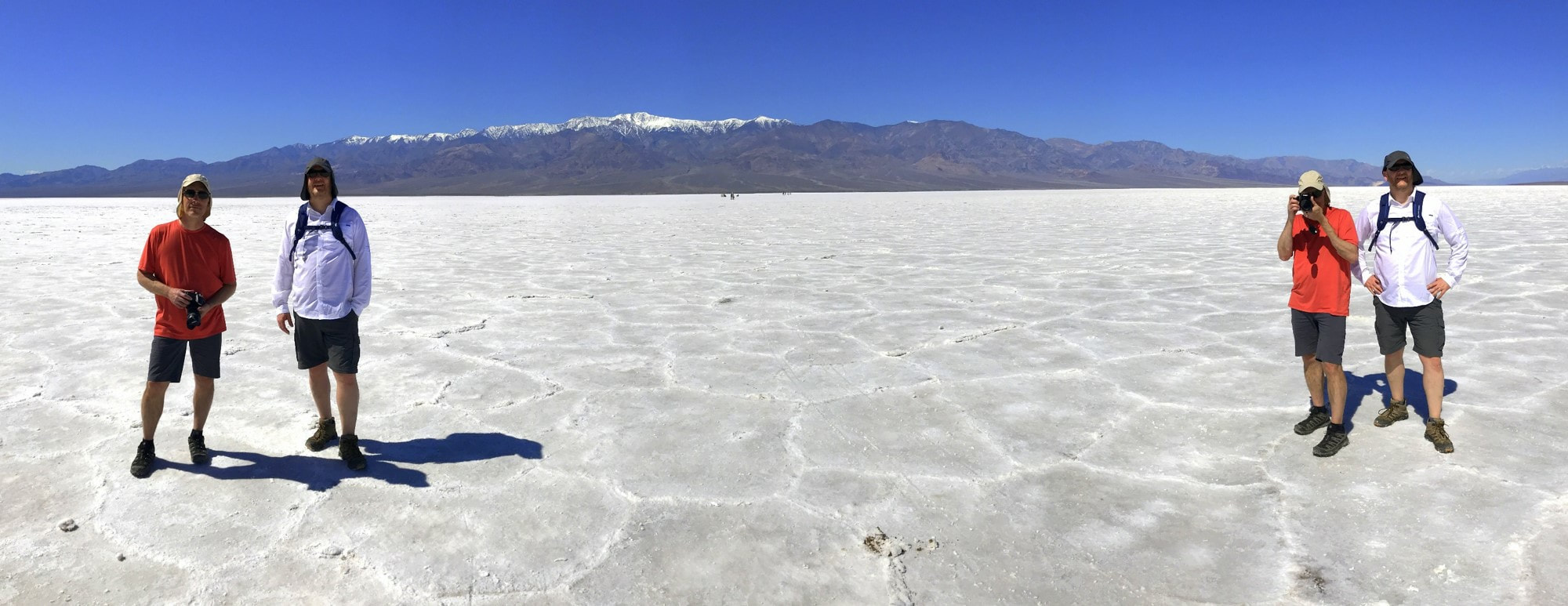
 RSS Feed
RSS Feed